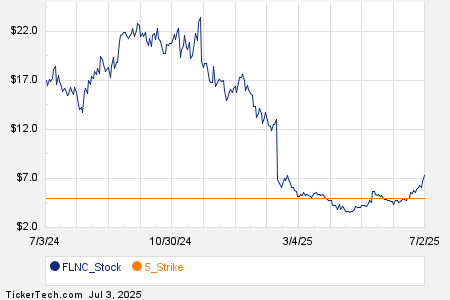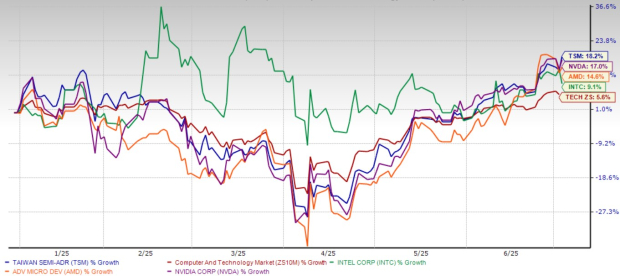One of the marvels of the Social Security program is its flexibility. Recipients can choose when to claim their benefits, starting as early as age 62, if they wish to do so.
Moreover, it is entirely feasible to claim Social Security benefits while still being gainfully employed. But the question looms: is it financially prudent to collect Social Security while holding onto a job? The answer is not set in stone and varies based on individual circumstances.

Image source: Getty Images.
Maximizing Your Financial Position with Social Security and Employment
Transitioning into retirement gradually has become a common choice for many individuals. Instead of abruptly leaving the workforce, older employees often start working part-time before fully retiring. During this period of reduced work hours, supplemental income may be necessary to bridge financial gaps as they adjust to a lower salary. In such instances, Social Security benefits can provide the needed financial support.
For example, if you previously earned $80,000 annually and opt for part-time work in your 60s with a reduced $40,000 salary, the shortfall in income could be supplemented by Social Security benefits.
Understanding the Earnings-Test Limit
Once you hit full retirement age (FRA) for Social Security, you can earn any amount from employment without affecting your benefits negatively. However, if you opt to work and collect Social Security before reaching FRA, you will face an earnings-test limit. This could lead to withholding a portion of your benefits if you surpass the limit.
The earnings-test limit fluctuates annually. In 2024, you can earn up to $22,320 without risking reductions in benefits. Beyond that threshold, $1 of Social Security payments is withheld for every $2 of earnings.
It’s crucial to note that the $22,320 limit applies only if you have not attained FRA and will not do so in the current year. If you are reaching FRA in the present year, the limit rises to $59,520, with $1 withheld for every $3 earned. However, any benefits withheld are not forfeited permanently and will be repaid once FRA is achieved.
Claiming Social Security before FRA results in permanently reduced monthly benefits. Alternatively, delaying benefits up to age 70 upon reaching FRA can increase monthly payments. Therefore, while collecting Social Security while working can be beneficial, it may also be prudent to defer benefits if your current income suffices. In scenarios where transitioning to part-time work ahead of retirement, using modest nest egg withdrawals may be more advantageous than early Social Security claims and reduced lifelong benefits.
The Vital $22,924 Social Security Boost Ignored by Many Retirees
If, like most Americans, you are lagging behind in retirement savings, discovering some lesser-known “Social Security secrets” could significantly enhance your retirement income. Implementing simple strategies might result in an additional $22,924 annually. Mastering the art of maximizing Social Security benefits could empower you to retire securely and confidently. Click here to uncover these strategies.
Explore the “Social Security secrets”
The Motley Fool upholds a disclosure policy.
The opinions expressed in this article belong solely to the author and do not necessarily reflect the viewpoints of Nasdaq, Inc.






